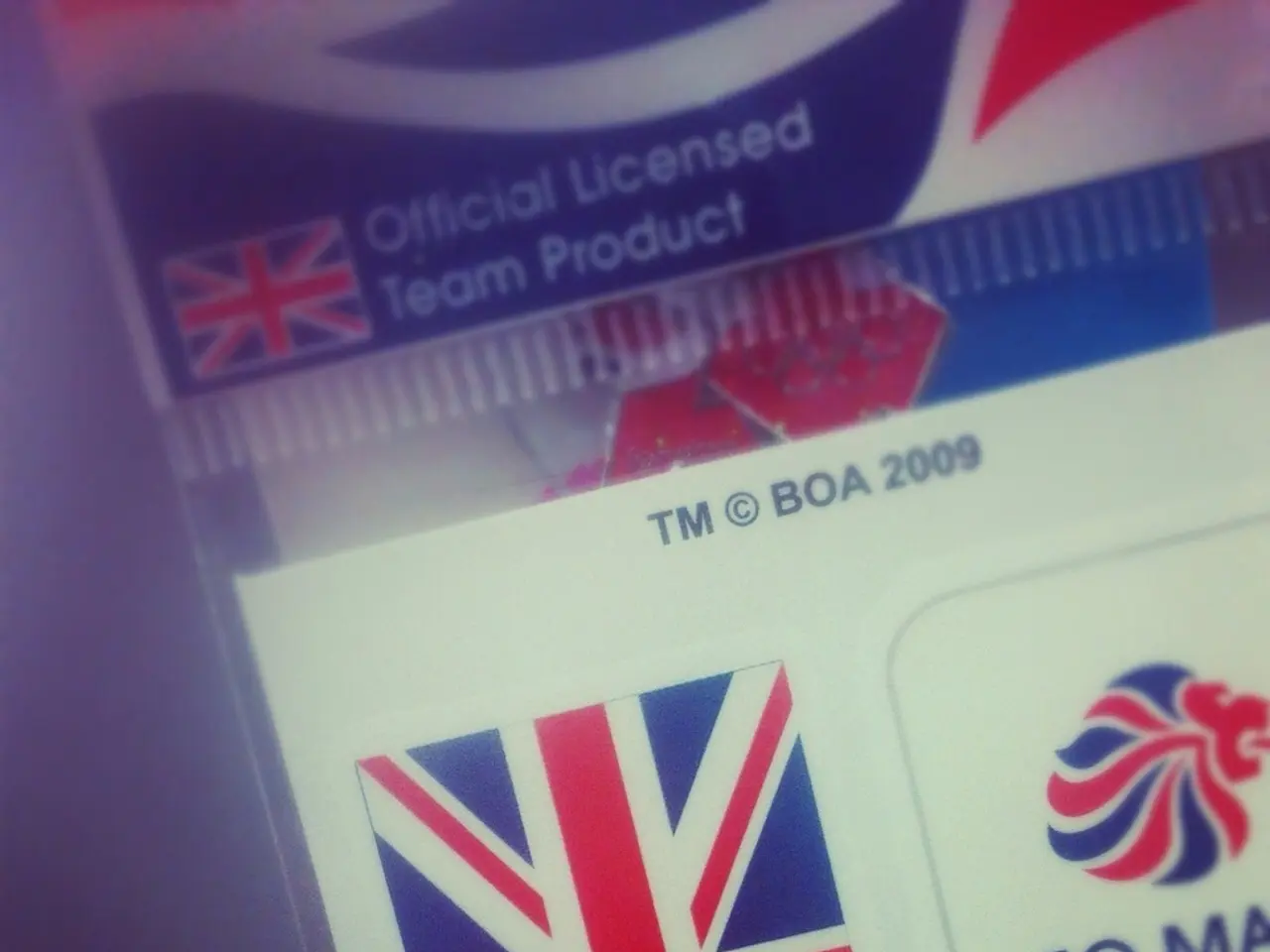"Comprehensive Overview of Cryptocurrency Regulations in Singapore in the Year 2025"
Singapore Strengthens Cryptocurrency Regulations for Enhanced Security and Consumer Protection
In a bid to maintain financial system integrity, Singapore has established a robust regulatory framework for cryptocurrency service providers under the Payment Services Act (PS Act). The Monetary Authority of Singapore (MAS) requires these providers to adhere to strict anti-money laundering (AML) and countering the financing of terrorism (CFT) measures, similar to traditional financial institutions.
Licensing Requirement
Cryptocurrency exchanges and other digital payment token (DPT) service providers, such as custodial wallet providers and payment processors, must obtain a license from MAS to operate legally under the PS Act.
AML/CFT Compliance
Companies must perform rigorous know-your-customer (KYC) and customer due diligence (CDD) to verify identities of customers and beneficial owners. They are obliged to report any suspicious transactions according to the Corruption, Drug Trafficking and Other Serious Crimes (Confiscation of Benefits) Act.
Enhanced AML/CFT Measures
Stricter AML/CFT controls have been implemented, including mandatory audits of policies and controls, aiming to ensure greater compliance and oversight. MAS emphasizes robust transaction monitoring, enhanced due diligence, and source of funds verification.
Safeguarding Customer Assets
DPT service providers are required to maintain customer assets in statutory trusts with strict internal controls to prevent misuse. Auditors assess compliance with these safeguarding obligations.
Technology Risk Management
Updated MAS guidelines require crypto service providers to implement strong technology risk and cybersecurity measures for handling cryptocurrencies, including high system availability and data protection.
Travel Rule Compliance
Providers must comply with the international Travel Rule by sharing customer and transaction information for transfers above set thresholds, enabling authorities to monitor suspicious activities and prevent illicit flows.
Consumer Protection Measures
Regulations include clear risk disclosures, customer suitability assessments, and restrictions on high-risk practices to protect retail investors from misleading marketing and inappropriate products. These measures were enhanced in September 2024.
Strict Enforcement Deadline
By June 30, 2025, all crypto platforms must be fully licensed and compliant with the Financial Services and Markets Act (FSMA) requirements or cease operations. No extensions or grace periods will be given.
Supporting Solutions for Compliance
To facilitate Travel Rule compliance, companies like Sumsub offer a solution that supports various data exchange protocols, unhosted wallet verification, VASP attribution, screening against watchlists, and secure ecosystem access.
As of January 2024, the MAS has authorized 19 cryptocurrency service providers, including Crypto.com and Coinhako. The licensing requirements vary depending on the business type and transaction volume, with three types of licenses available: money-changing, Standard Payment Institution (SPI), and Major Payment Institution (MPI). For an SPI license, a company must have a minimum base capital of SGD 100,000, have a permanent place of business or registered office, and meet other criteria such as governance and ownership requirements, fitness and propriety, and technology risk management. MPI license criteria are similar to those for SPIs, except that the minimum capital requirement is SGD 250,000, and MPIs are also required to maintain a security deposit.
In 2023, Singapore secured approximately $627 million in funding for crypto companies. The PS Act was amended in 2024 to include provisions for user protection and financial stability, and licensing requirements were tightened, including a minimum base capital of SGD 250,000. The Act establishes a regulatory framework for DPT service providers, with DPT services including buying or selling DPTs, providing a platform to allow persons to exchange DPTs, transmitting or arranging for the transmission of DPTs, provision of custodian wallet services for DPTs, and actively facilitating the buying or selling of DPTs without possession of monies or DPTs. Cryptocurrency is not considered legal tender in Singapore, but it can be used as an alternative means of payment.
Overall, Singapore applies a comprehensive and strict regulatory framework to cryptocurrency service providers aligned with international standards to prevent money laundering and terrorism financing while protecting consumers and maintaining financial system integrity.
Finance-related activities, such as transactions and asset management, must adhere to stringent anti-money laundering (AML) and countering the financing of terrorism (CFT) measures under the Payment Services Act (PS Act), as required by the Monetary Authority of Singapore (MAS).
Cryptocurrency exchanges and other digital payment token (DPT) service providers, such as custodial wallet providers and payment processors, must obtain licenses from the MAS and maintain customer assets in statutory trusts with strict internal controls for finance-related purposes.




